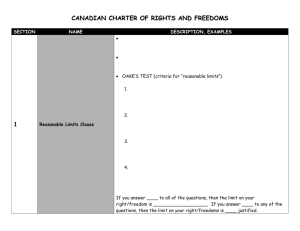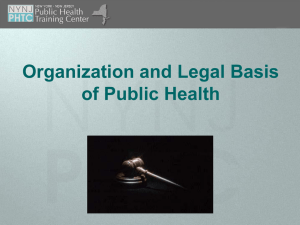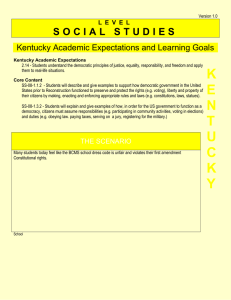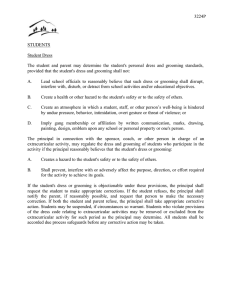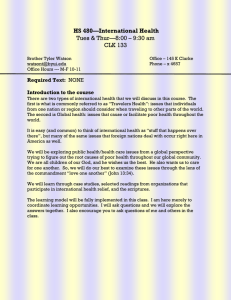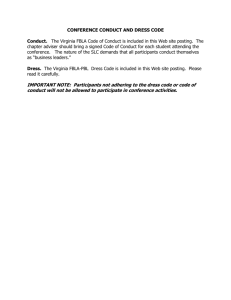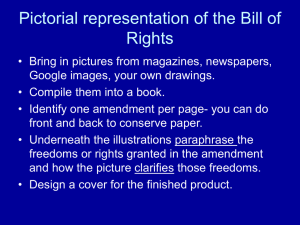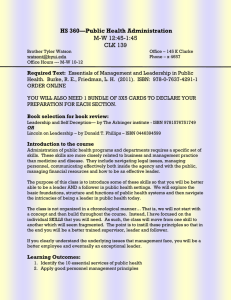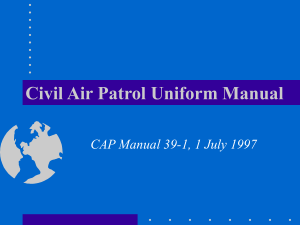Chapter 8 Teacher Freedoms
advertisement
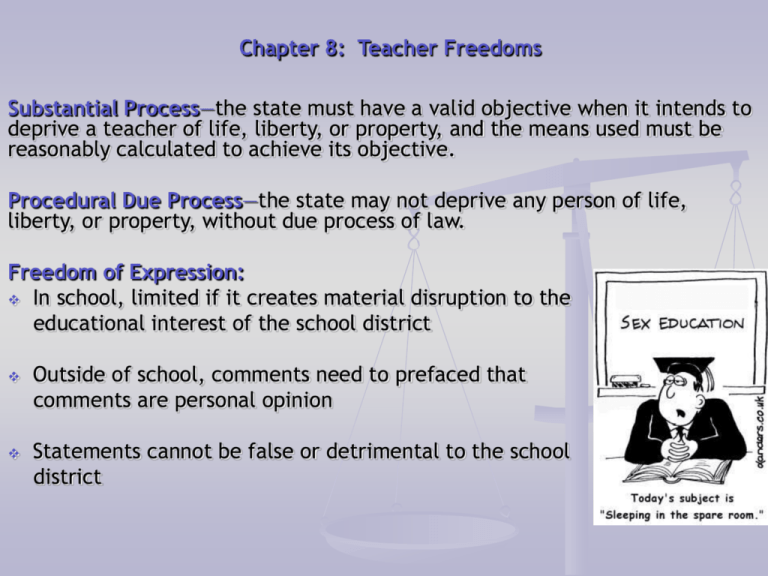
Chapter 8: Teacher Freedoms Substantial Process—the state must have a valid objective when it intends to deprive a teacher of life, liberty, or property, and the means used must be reasonably calculated to achieve its objective. Procedural Due Process—the state may not deprive any person of life, liberty, or property, without due process of law. Freedom of Expression: In school, limited if it creates material disruption to the educational interest of the school district Outside of school, comments need to prefaced that comments are personal opinion Statements cannot be false or detrimental to the school district Speech Outside the School Environment Freedom of Speech outside the school environment is well established, however, a teacher should preface his or her comments by indicating that he or she is speaking as a private citizen rather than an employee of the board Pickering v. Board of Education—US Supreme Court held that in the absence of proof of the teacher knowingly or recklessly making false statements the teacher had a right to speak on issues of public importance without being dismissed from his position. Academic Freedom Academic freedom is not a right Classrooms cannot be used to promote personal or political agendas Fowler v. Board of Education of Lincoln County—Court deemed that teachers are role models with responsibility for inculcating fundamental values, and that those values disfavor expression that is highly offensive to others. Freedom of Association and Membership of Subversive Organizations Teachers have freedom of association as long as they are not involved in illegal activities Keyishian v. Board of Regents 1967 US Supreme Court case which declared that stated that the classroom is peculiarly the "marketplace of ideas.” Political Rights and Participation in Campaigns Teachers have the right to political office, but may be asked to take a leave of absence while in office Minielly v. State case in Oregon, the district court held to be invalid a state law that prohibited public employees from running for political office. Dress and Grooming Dress and grooming can be regulated by the board East Hartoford Education Association v. Board of Education of Town of East Hartford—A teacher was reprimanded for failing to wear a tie while teaching. He took action in the United States District Court for the District of Connecticut and was granted a motion for summary judgment based on the fact that the plaintiff asserted no cognizable constitutional interest. Right to Privacy Erb v. Iowa State Board of Public Instruction—held the revocation of a teaching certificate for adultery was impermissible when defendant made no findings of the fact and the statute did not permit “personal moral judgment,” especially when only one incident occurred with no adverse affect shown. Teachers are entitled to privacy and cannot be penalized for private noncriminal acts Pregnant unwed teachers may not be automatically dismissed unless there is a definite reason for doing so. Religious Freedoms Good News Club v. Milford Central School, (2001), held that when a government operates a “limited public forum,” it may not discriminate against speech that takes place within that forum on the basis of the viewpoint it expresses—in this case, against religious speech engaged in by an Evangelical Christian club for children. Religious Freedoms can be limited if dress creates a reverent atmosphere Religious rights of teachers must be respected, so long as they do not violate the establishment cause of the 1st Amendment by creating excessive entanglement in the school.

